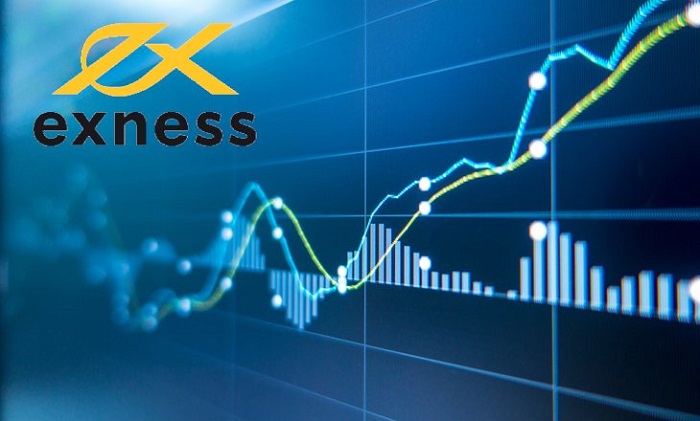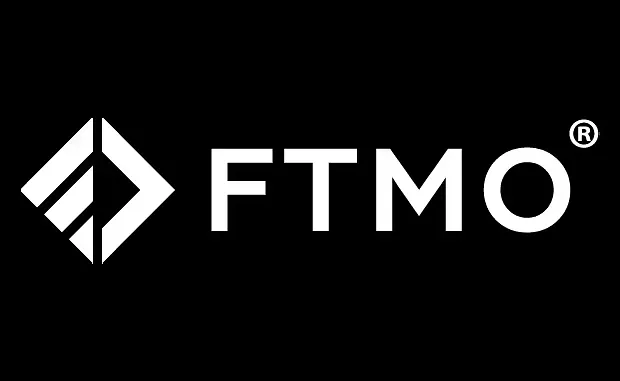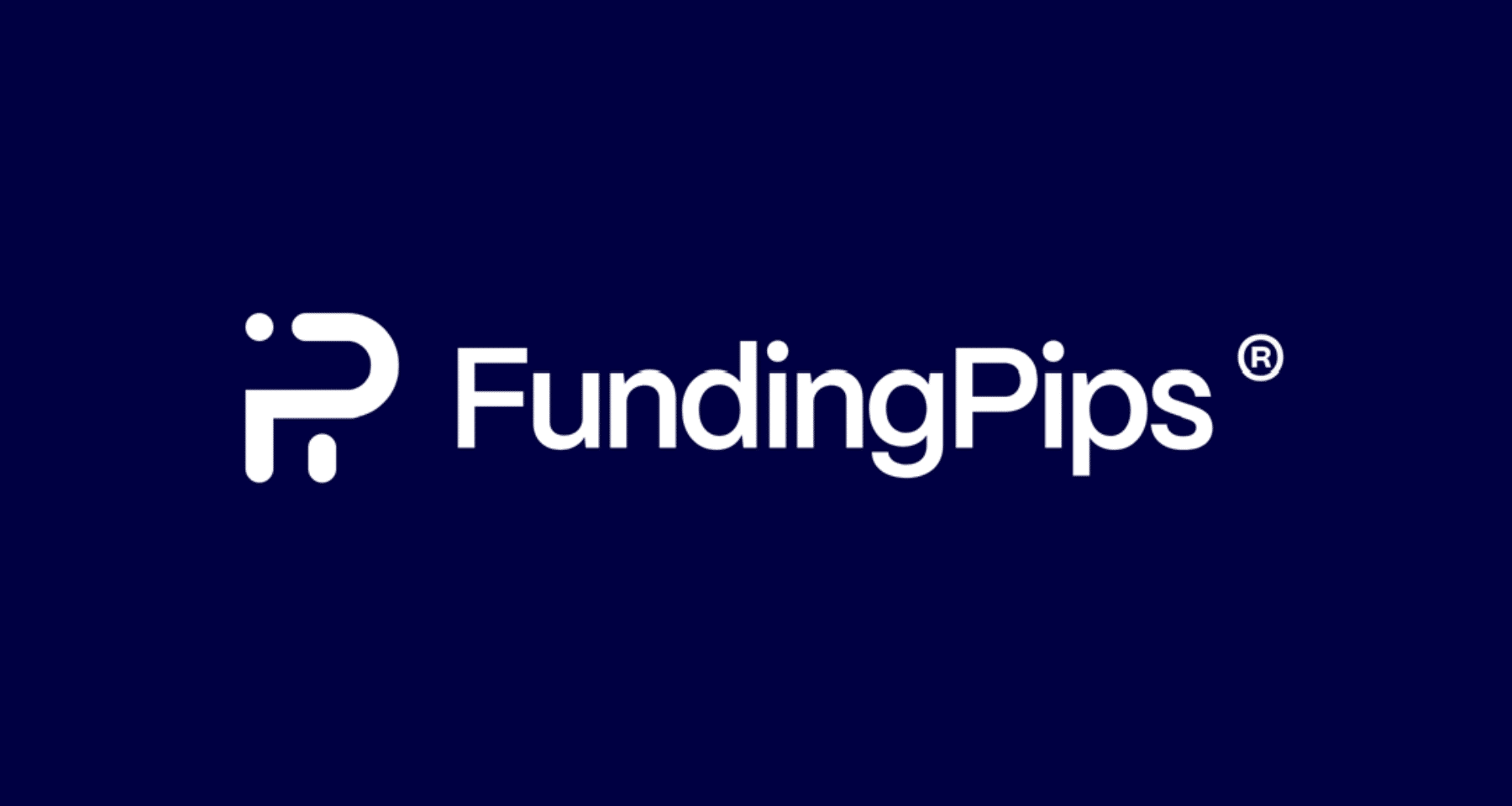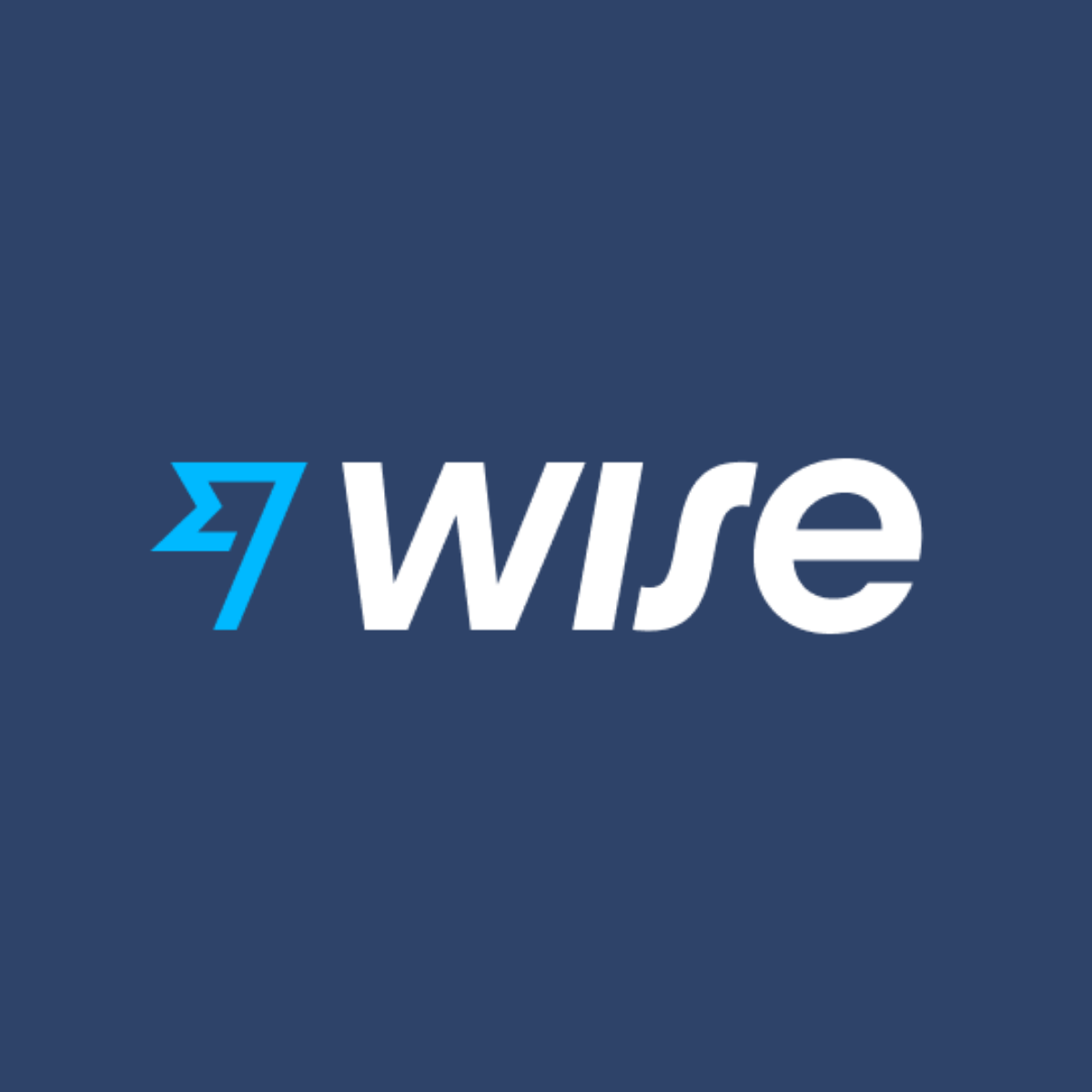Discover the best personal finance tools to budget smarter, save more, and manage your money with ease in 2025. Perfect for beginners and side hustlers.

Exness – Trade Forex, Crypto & More
Access global markets with low spreads. Ideal for beginners & pros.
Get Started
Binance – Earn $2000 in Crypto Together
Join the world’s largest crypto platform. Refer friends and earn up to $2000 in USDC.
Join & Earn
FTMO – Get Funded to Trade
Prove your skills and receive funding up to $200,000. No risk to your capital if you qualify.
Visit FTMO
Funding Pips – No Time Limit Funding
Trade without time pressure. Get flexible evaluations and capital up to $200K.
Visit Funding Pips
CoinLedger – Simplify Your Crypto Taxes
Auto-track trades, NFTs, and staking income. Create audit-ready tax reports in minutes.
Read Full Guide
Wise – Global Payments Without Borders
Send and receive money internationally with real exchange rates. Perfect for freelancers, creators & global businesses.
Open a Free Wise AccountWhy the Right Finance Tools Matter

Table of Contents
Best personal finance tools are more than just apps they’re essential systems that help you budget smarter, save faster, and build long-term financial freedom. In 2025, managing money is no longer a manual task. With the right digital tools, you can automate your savings, track every dollar, and even grow your income through smart investing or side hustles. This guide breaks down the top budgeting and finance platforms to help you take control of your financial life.
Whether you’re saving for a major purchase, getting out of debt, or building a side income, today’s top budgeting and finance tools can make the process easier and more efficient.
This guide covers the best personal finance tools available today, including budgeting apps, trading platforms, and financial tools designed for side hustlers and online earners.
1. The Best Personal Finance Tools for Everyday Use
These tools help you gain control of your everyday money—what comes in, what goes out, and what’s left over to save or invest.
1.1 YNAB (You Need A Budget)
Best for: Habit-building and goal tracking
YNAB uses a zero-based budgeting method where every dollar gets assigned a job. It’s not just a tool—it teaches a way of thinking about money that promotes long-term financial wellness.
Features include:
- Assigning every dollar to a category
- Goal setting and progress tracking
- Real-time sync across devices
1.2 PocketGuard
Best for: Avoiding overspending
PocketGuard is widely regarded as one of the best personal finance tools for people who want a clear and simplified view of their financial life. Unlike some traditional budgeting platforms that overwhelm users with features and data, PocketGuard focuses on showing you exactly what matters—how much money you actually have available to spend.
Once connected to your bank account, PocketGuard automatically imports and categorizes all of your transactions. This includes everything from your rent or mortgage payment to subscription services, daily expenses, and even savings contributions. It’s this automation that makes PocketGuard stand out among the growing list of budgeting & finance tools in 2025.
One of PocketGuard’s most unique features is the “In My Pocket” calculation. After accounting for upcoming bills, savings goals, and recurring subscriptions, the app calculates what’s left for discretionary spending. This real-time snapshot of your finances helps prevent overspending and promotes smarter money decisions—especially useful for people living paycheck to paycheck or managing irregular income.
In addition to spending insights, PocketGuard also tracks your financial goals. You can set savings targets for emergency funds, vacations, or big purchases, and the app will guide you with automated suggestions on how to reach them. This makes it one of the top money tools for anyone looking to build disciplined financial habits without the need for spreadsheets or manual tracking.
For people who prefer a hands-off, mobile-first solution, PocketGuard ranks among the best personal finance tools due to its clean interface, user-friendly setup, and intuitive features. It’s particularly helpful for younger users, freelancers, or anyone new to budgeting who wants an easy way to start without getting bogged down by complex rules or formulas.
What sets PocketGuard apart from other budgeting & finance tools is its strong focus on usability and daily financial awareness. It doesn’t just track where your money goes—it actively helps you understand your spending behavior and take control of it. If you’re searching for the best personal finance tools to help you budget in real time and stay on track financially, PocketGuard is a powerful and practical choice.
PocketGuard connects to your bank account and automatically categorizes your spending. It helps you see exactly what you can afford to spend at any given moment after accounting for bills, goals, and savings.
Key features:
- Detects and tracks recurring subscriptions
- Visual breakdowns of spending
- “In My Pocket” feature to show available discretionary funds
1.3 Goodbudget
Best for: Envelope-style budgeting
Goodbudget is ideal for people who prefer a manual but structured approach. Based on the traditional envelope system, it allows you to allocate specific amounts to different spending categories in advance.
Pros:
- Great for couples and families
- No bank sync (ideal for privacy-focused users)
- Cloud sync across devices
2. AI and Tech-Enabled Finance Tools
Modern finance tools are increasingly powered by AI and automation, saving users time while offering deeper insights into spending and saving behavior.
2.1 Scalenut
Best for: Content creators and bloggers earning online
While not a traditional budgeting app, Scalenut is still one of the best personal finance tools for creators looking to grow their income online. It uses AI to assist with content creation, keyword research, and SEO strategies—making it especially valuable for affiliate marketers, bloggers, and freelancers. For those building digital income streams, Scalenut complements the best personal finance tools by helping users increase their earning potential. If you’re serious about improving your financial future, combining content automation with the best personal finance tools like Scalenut can lead to smarter income growth. It’s one of the few best personal finance tools that directly supports long-term earning.
Use case:
If you’re building a blog or side hustle focused on personal finance, tech, or productivity, Scalenut helps you scale content quickly and efficiently.
2.2 Cleo
Best for: Interactive budgeting via chatbot
Cleo is an AI chatbot that connects with your bank account and provides real-time feedback on your financial habits. It’s simple, engaging, and designed to make budgeting less intimidating. As one of the best personal finance tools available, Cleo stands out among modern budgeting tools by using humor and personalization to help users build better money habits. Without overwhelming you, it delivers smart financial nudges that keep you on track.
Notable features:
- Daily spending analysis
- Humorous and direct feedback
- Personalized saving challenges
3. Finance Tools for Freelancers and Side Hustlers
If you earn money outside of a traditional job—through freelancing, gig work, or digital products—your finances are more dynamic. These tools are ideal for managing unpredictable income streams.
3.1 Qapital
Best for: Automated saving from freelance income
Qapital is one of the best personal finance tools for automating your savings. It lets you create rules like “save $5 every time I get paid” or “round up every purchase to the nearest dollar and save the difference.” As one of the best personal finance tools available today, it’s highly customizable and encourages micro-saving without you even noticing.
3.2 Tiller Money
Best for: Spreadsheet-based financial tracking
Tiller connects your bank account to a Google Sheet or Excel file, automatically updating your transactions. It’s ideal for people who want full control over categorization, formulas, and analysis.
4. Tools That Help You Grow Your Money
Tracking is important—but growth is essential. These tools support income generation through trading, investing, or funding opportunities.
4.1 Exness
Exness is a globally recognized trading platform offering access to forex, cryptocurrencies, metals, and more. It caters to both beginners and experienced traders.
Highlights:
- Low spreads
- Access to MetaTrader 4 and 5
- Commission-free trading on standard accounts
- 24/7 support and demo accounts for practice
Tip: Start with a demo account and spend time learning before you begin live trading.
4.2 Binance
Binance is one of the world’s largest cryptocurrency exchanges and is increasingly recognized as one of the best personal finance tools for growing digital wealth. Beyond buying and selling coins, Binance offers a referral program, staking, and various passive income features, making it one of the best personal finance tools for those exploring crypto-based financial strategies.
Benefits:
- Refer friends and earn up to $2,000 in USDC
- Huge variety of cryptocurrencies available
- Supports trading, earning, and learning in one place
Security tip: Always use two-factor authentication and consider cold storage for long-term holdings.
4.3 FTMO
FTMO is a platform that provides traders with the opportunity to manage large amounts of capital. If you pass their evaluation program, they will fund you with up to $200,000.
How it works:
- Complete a two-phase trading evaluation
- Receive funding and share in the profits
- No risk to your personal capital if you qualify
Perfect for experienced traders ready to scale.
5. Choosing the Right Tool for Your Needs
With so many choices, selecting the right tool depends on your specific goals and financial habits. Here’s a simple guide to help you decide:
| Goal | Recommended Tool(s) |
|---|---|
| Budgeting for daily use | YNAB, PocketGuard |
| Saving on autopilot | Qapital, Goodbudget |
| Managing variable income | Tiller Money, Cleo |
| Building an online income | Scalenut, Binance |
| Trading and investments | Exness, FTMO, Funding Pips |
6. Quick-Start Action Plan
Even if you’re starting from zero, here’s how to begin:
- Choose one budgeting tool to track your money. Try YNAB or PocketGuard.
- Select one growth tool to explore. Open a demo account on Exness or sign up for Binance.
- Set a clear goal for the month—whether it’s saving $100, tracking all expenses, or creating a side hustle income stream.
You don’t need to use everything at once. Start small, build confidence, and add tools as your financial knowledge grows.
Disclaimer
This article includes affiliate tools and platforms we trust and recommend based on usability and value. Discounts, pricing, and program availability may change over time. Always verify details directly with the provider before signing up.



